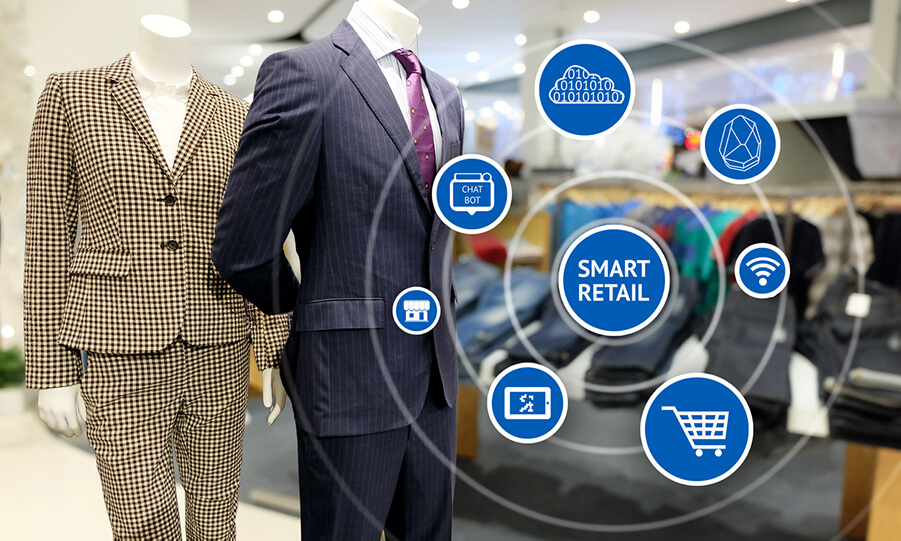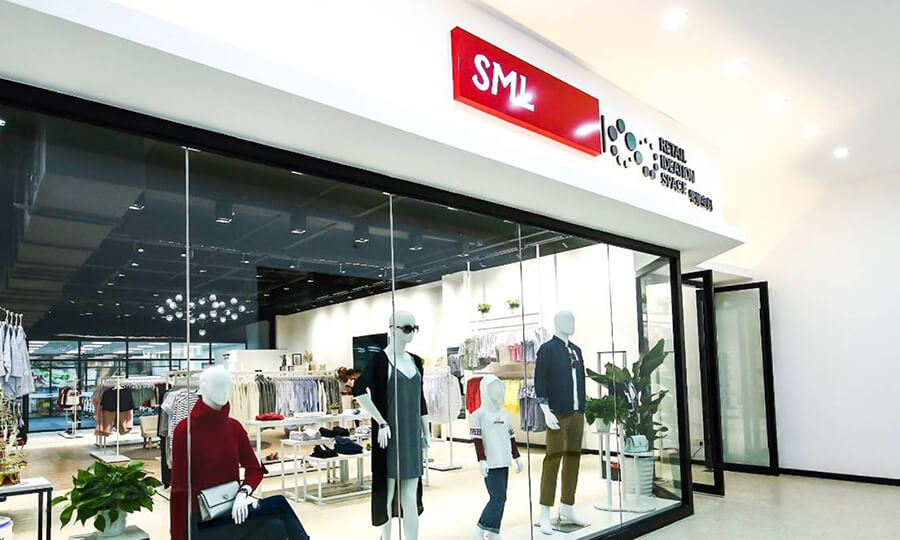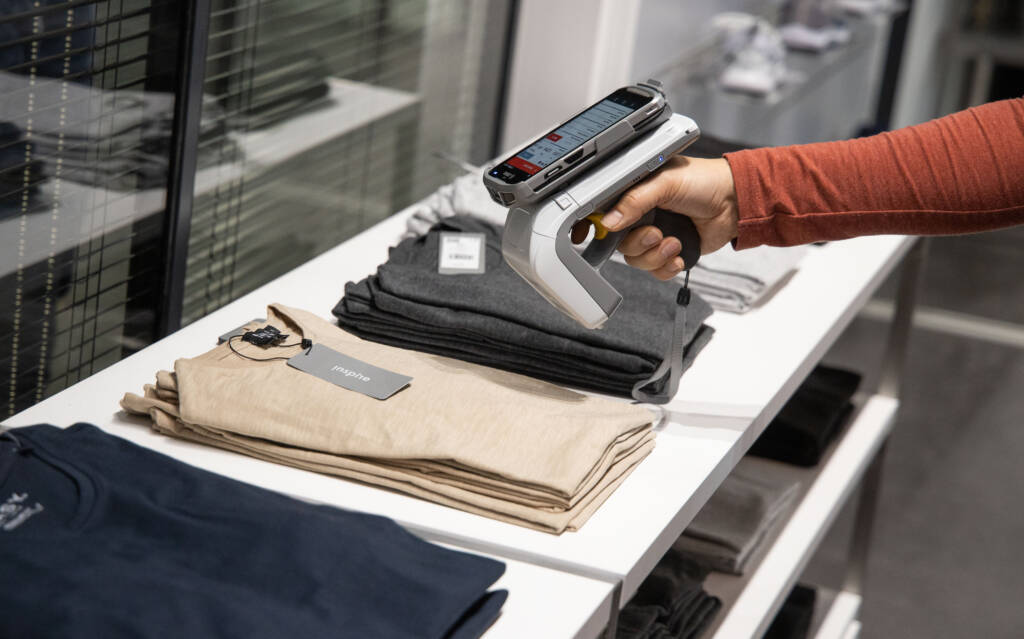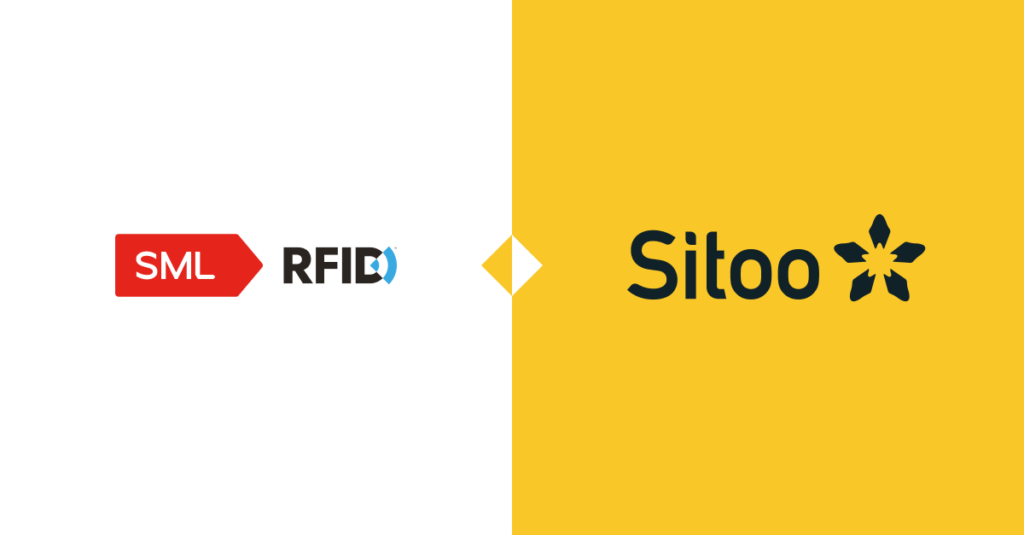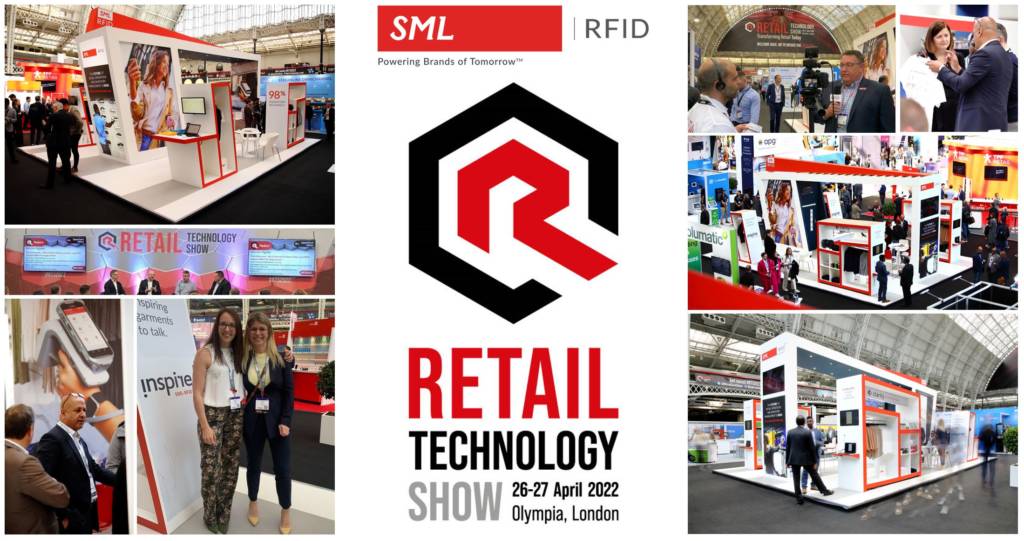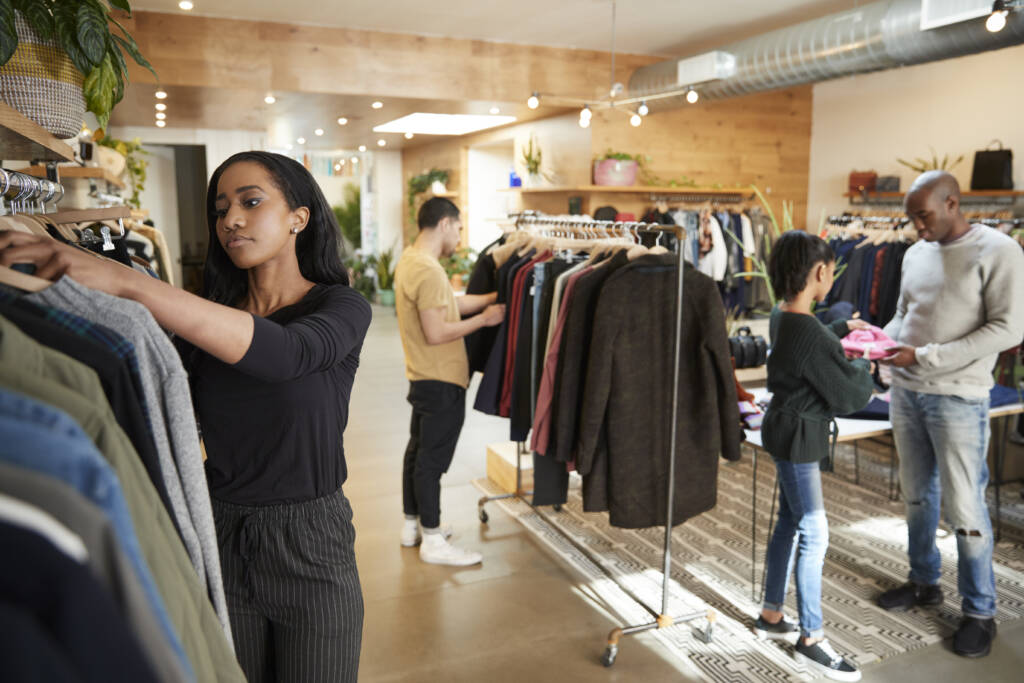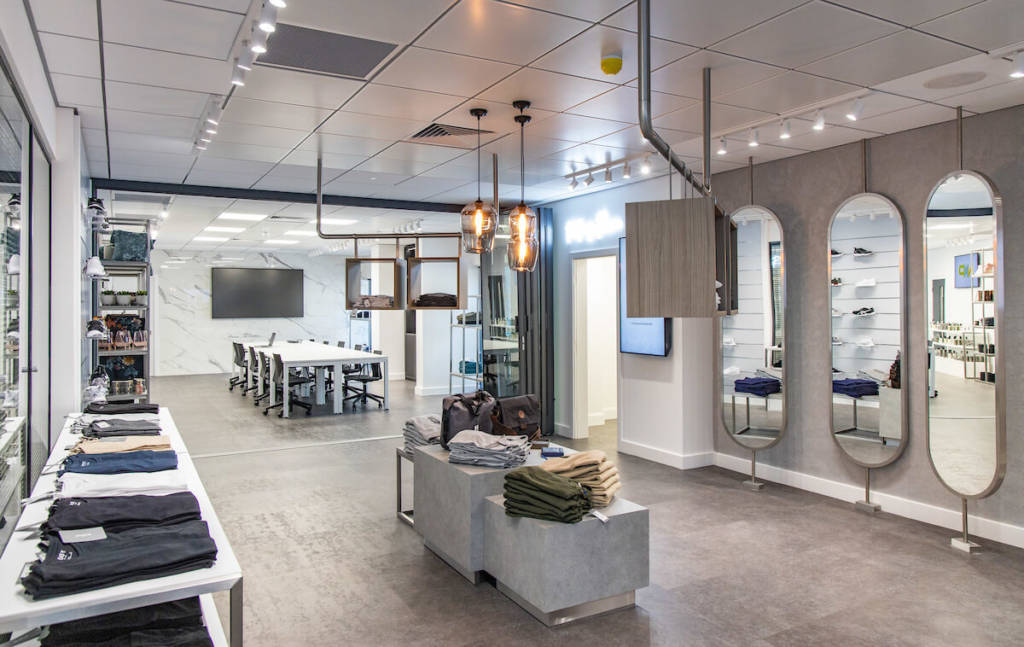SML – Microsoft partnership highlighted retail technology platforms making a difference
Originally published on yahoo.com
In April, personalization and customer segmentation took center stage as tech firms were bolstered investments and new data revealed the importance of improved engagement. Gen Z shoppers revealed their codependency on Amazon, in a report from CPC Strategy surveying more than 2,000 U.S. shoppers — showing how most of Gen Z female shoppers (or 93.3 percent) spend up to $100 on Amazon every month.
Vue.ai, which describes itself as a “platform for intelligent retail automation,” announced in April that is was infused with $17 million in a Series B funding round led by Falcon Edge Capital along with Sequoia Capital India and Global Brain, which is a GP of KDDI Innovation Fund. The latest round of funding brings Vue.ai’s total of capital raised to $27.5 million — helping the firm help retailers better engage shoppers.
Also in April, Coachella once again became a test-and-play ground for marketers to experiment with data — using geo-fencing technology, influencer activations and more to either attract lasting brand loyalty or strike out — on serving authenticity. At every stage of the funnel, some experts argued in-person events are non-negotiable.
This past spring, offer management platform provider RevTrax rolled out a version of its solution that is powered by artificial intelligence and machine learning to “effectively target and deliver the right offers to consumers quicker and more efficiently.” The upgrade will allow the company to “observe behavior at scale and categorize the behaviors and patterns faster than ever before.” The platform uses various AI models that is coupled with “probability theory” to replay events and campaigns, and “determine causality, and accurately measure results based on a certain set of criteria.” Complicated under the hood, but easy for retailers and brands to put into practice.
Acquisitions were also commonplace among tech and software leaders. Notably, Zebra technologies acquired Profitect, a software-as-a-service organization. The cross-collaborative viewpoint of “every company as a technology company” is further ingrained as e-commerce companies orient strategies more firmly in data. Moda Operandi, helmed under chief executive officer Ganesh Srivats, the former vice president of Tesla, released its first runway report from sales data, in likeness to Pinterest predicting new trends from prior search data. Retailers will continue to editorialize data and implement technology into their leadership.
And also this past spring, Foursquare acquired Placed from Snap Inc. by means of a $150 million investment led by the Raine Group. The company said the investment will fund the acquisition “and also capitalize us for our increased R&D and expansion plans, allowing us to focus on our mission to build the world’s most trusted, independent location technology platform.”
Meanwhile, SaaS platform provider Kustomer said it raised $40 million in Series D funding in a round led by Tiger Global Management along with participation by Battery Ventures. This follows a $35 million Series C round revealed earlier this year. “This marks the company’s third round of financing in less than 12 months and brings the company’s total funding to $113.5 million,” Kustomer said in a statement, adding that this latest round “comes after a year of explosive growth for the company.”
Also in May, Retail Zipline said it was infused with $9.6 million in Series A funding, led by Emergence and with participation from Serena Williams through her venture firm, Serena Ventures. Retail Zipline is a communication and “execution” platform provider that is designed to help store-level associates deliver an improved shopping experience for customers. Current brands using the company’s suite of products includes Lush Cosmetics, The Lego Group and Torrid.
In May and June, fintech players continued to duel it out and expand coverage with fashion partners. Installment products are catered toward the younger generations, namely the Millennial consumer who is averse to credit card debt. Payments provider Sezzle launched in Canada, while Swedish bank and financial solution provider Klarna expanded coverage with H&M, while launching a proprietary app. Meanwhile, re-commerce and reverse logistics companies appealed to the mainstream adoption of resale, showing brands how to recapture used goods.
Fashion tech start-ups, which launched last month include Gem, a search engine for vintage clothing and accessories, as well as The Lobby, a platform tapped by San Francisco’s tech scene — including Google, Pinterest, DropBox and Twitter — to elevate office deliveries, with white-glove service and weekly courier pickups.
Buy online, pickup in-store is gaining traction among next-gen business practices, and blockchain is being taken off the backburner — as industries look at the viability of the technology once again in creating greater transparency in supply chains and at the checkout. The validity of artificial intelligence, RFID technology and machine learning is obvious within the supply chain and showing more fashion and beauty retailers seeking to adopt tech in store. One example is Outdoor Voices, a performance-oriented apparel brand for recreational use — which deployed Newstore app-based technology and its RFID-compatible devices to make inventorying and customer service a breeze. Endless aisles are one in-store trend with function.
In other RFID news, full-service RFID solution provider SML said in June that its collaboration with Microsoft has resulted in higher inventory accuracy for its retail clients, which are experiencing higher sales as well as happy customers. SML had rolled out its “item level” RFID solution, “SML Clarity,” to thousands of retail stores powered by Microsoft Azure, which enhanced inventory accuracy “above 98 percent, resulting in an increase in sales and improved customer service,” the company said. The accuracy rate compares to an industry average of about 70 percent.
And in late June, Pitney Bowes said it inked a deal with ReBound, a U.K.-based returns specialist firm, “to provide retail brands worldwide with fast, data-driven international returns.” The companies said “ReBound will leverage Pitney Bowes’ U.S. transportation and logistics network to process returns for its 500-plus retail clients” in the Europe, Middle East and Asia regions while Pitney Bowes’ will leverage ReBound’s “data-driven platform and multicarrier shipping technology” in support of the company’s clients in the U.S., Canada, the U.K. and the Asia-Pacific region.
The pace of activity with tech and solution providers doesn’t seem to be abating anytime soon. This past week has seen the official launch of new e-commerce sites — such as Waybuy.com — as well as some notable partnerships. Social e-commerce and marketplaces also reign, be it physical or digital retailing with the opening of physical communities like female-focused retail and coworking spaces such as Le Board, or blockchain-powered e-commerce platform, Project Verte. And tackling the customer experience head-on, experience analytics companies are joining forces. Recently, Contentsquare and Clicktale are of the latest to carve newfound market share together — jointly serving now 30 percent of Fortune Global 100 companies.

